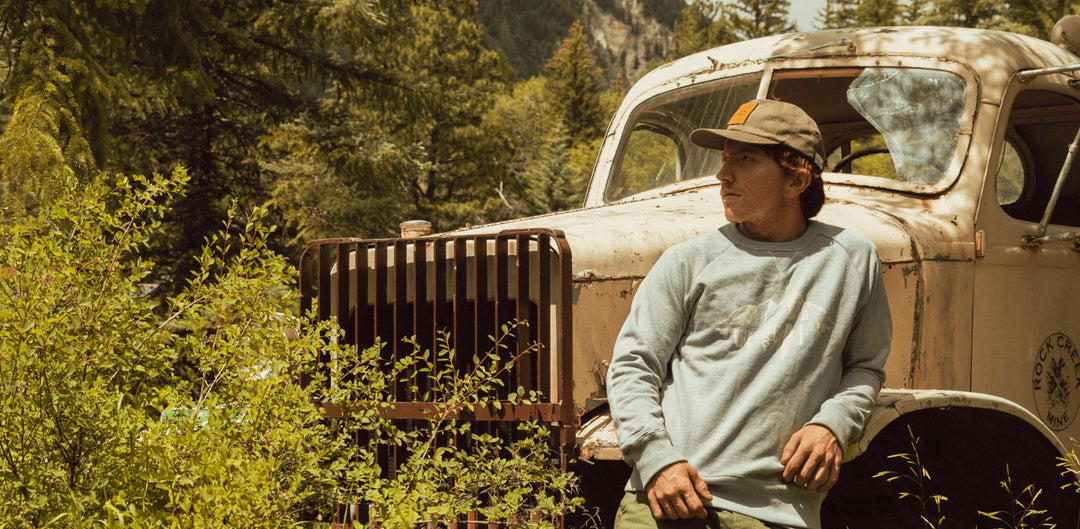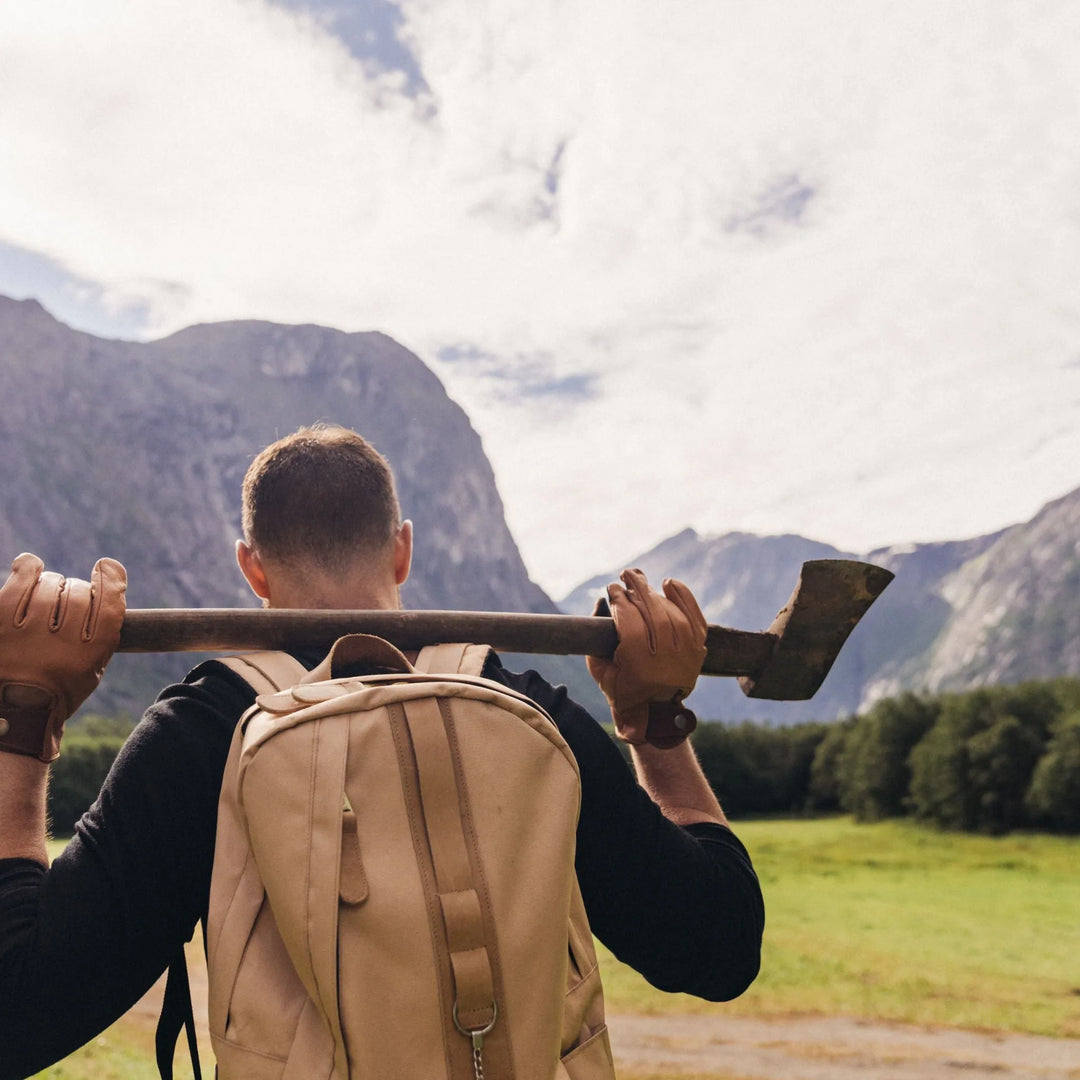What do you need to hike in extreme conditions?
What do you need to hike in extreme conditions?
For intrepid explorers, remote locations and extreme conditions are exciting and intriguing. Of course, hiking at high altitudes or in potentially dangerous landscapes requires planning, preparation and experience. But whether you’re tackling the scolding heat of Death Valley, the grueling, frozen trail up Mount Everest or the unpredictable riptide that watches over the Kalalau Trail in Hawaii, the key to a successful and safe hike is the right equipment.
Here, we run through some essential gear for daring travelers looking to hike in extreme conditions.
Clothing and footwear and gloves
Wherever you’re hiking, having the right clothing is essential to your safety and comfort. In cold environments, layering is crucial for survival. Base layers wick away moisture from your skin, while insulating layers retain your body heat and outer layers protect you from chilly winds and icy rain. You will also need thick socks, a thermal hat and a high-quality pair of buffalo leather gloves that can keep your fingers warm whilst still providing plenty of grip.
Gloves are very commonly overlooked on a hike, however; if you are exploring wilderness areas in any geographic location a light weight, strong, breathable pair of full grain leather gloves could mean the difference in life and death. Remember the old adage "ABP"? it sands for always be prepared. Your hands are one of, if not your most vital assets in a survival situation. Don't be caught empty handed when you need your hands... (lol, that last part just came to us, you can laugh, it was awesome).
For hot, humid destinations, you’ll want to wear lightweight clothing made from natural, breathable fabrics such as cotton and linen. Long sleeves and long-legged clothes are best, so long as they’re loose fitting, as they’ll protect you from the sun while promoting airflow to your skin. Don’t forget a wide-brimmed hat and some UV-safe sunglasses, too.
Sturdy, comfortable walking boots are essential for all terrains. In desert areas, you can also wear gaiters to keep sand out, or, if you’re headed for snow and ice, be sure your boots are insulated and waterproof.
Hydration and nutrition
Of course, water is the most important supply you can take on any hike. Especially in hot climates, taking more than enough water is crucial to avoiding dehydration and falling sick. Bladders are less bulky to carry than bottles and can be less heavy, and in extreme heat, you can supplement your water with electrolytes and rehydration minerals to help avoid heat exhaustion and cramps.
When hiking to remote areas, you should always take non-perishable, high-calorie snacks with you. Nuts, dried fruit and energy bars can help you have enough energy to complete your trail and are a good backup to have in case your hike takes longer than anticipated.
Navigation and safety
While getting lost on a hike can be part of the fun, the right gear can help you stay on track to ensure you make it home safely, so navigation tools are not something to skimp on. Use reliable GPS devices with offline maps so you don’t lose your way without cell service – investing in a quality compass and paper map as a backup to any tech you use is also a good idea.
At least one member of your hiking crew should carry a first aid kit tailored to the specific risks of the environment you’re exploring. For example, take a venom antidote to treat common snake bites in desert areas and bandages to treat frostbite at high altitudes. Items for emergency signaling, such as a mirror, whistle and satellite phone can also be the difference between life and death should disaster strike.
By carefully planning and ensuring you have all of the specialized items you’ll need, you can safely enjoy hiking in extreme conditions across the globe. Of course, it isn’t for everyone, but those who dare to venture to such secluded places are sure to be rewarded with awe-inspiring, memorable experiences of some of the world’s most unique vistas.









3snabg
s8wsfr
dy2c08
js6wv8
6j1nkv
Leave a comment